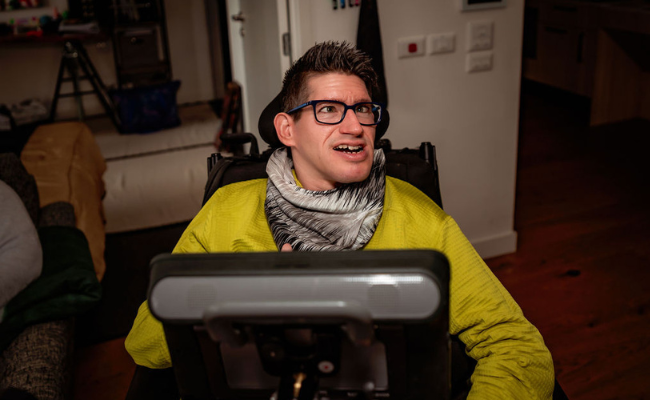Browse Resources

Housing Seeker Profile
Creating a Housing Seeker Profile is a simple process which involves telling us what you are looking for and what is important to you.

Housing Roadmap
The Housing Hub has worked alongside people with disability to map out the stages of a housing journey and the information you need to know about when moving through each step.

Living More Independently
The Housing Hub has teamed up with Mable to create a three-part series about living more independently.